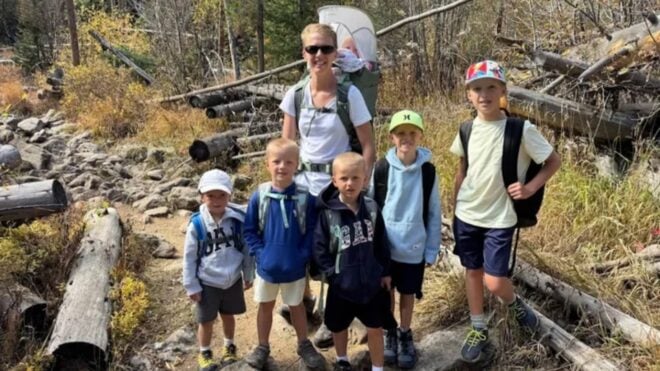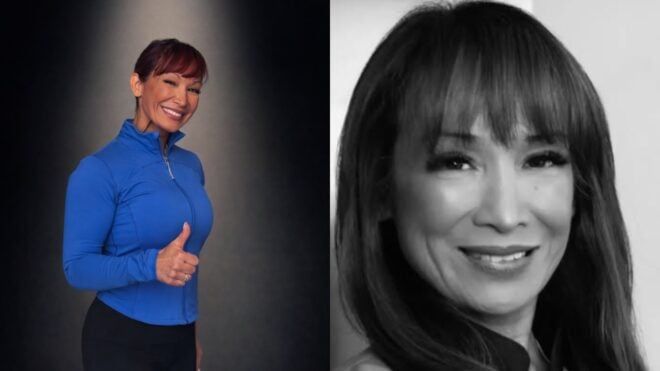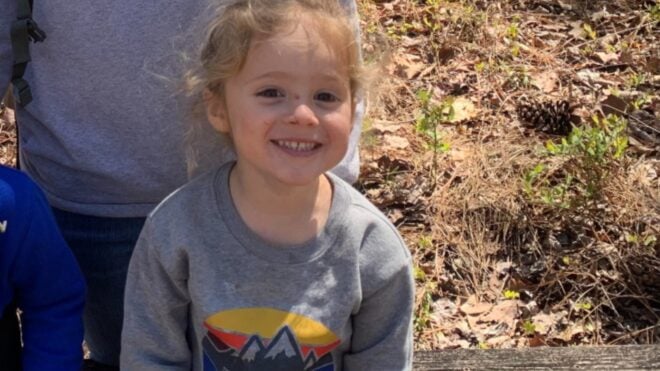On December 11, 2016, the world lost a true hero, Marion Pritchard.
She wasn't a household name — I certainly didn't know her story before now — but it's time to give this truly incredible woman the recognition and respect she deserves.
Pritchard was born in the Netherlands in 1920, into a prominent upper-class family.
She was 19, enrolled in the University of Amsterdam, when the Nazis invaded. She quickly joined the resistance — perhaps even in the same circles as fellow WWII resistance hero, Audrey Hepburn, who aided the Dutch Resistance throughout the war.
Within months of the German invasion, Pritchard was in jail for protesting the regime. She was imprisoned for seven months.
After she was released, Pritchard encountered a horrifying sight that focused her resistance efforts and shaped the course of her life.
She saw Jewish school children being rounded up and thrown, like objects, into the back of a truck.
From that point onward, she dedicated her life to getting endangered children away from the Nazi regime and to safety.
Scroll through below to learn more about her remarkable story and how she faked being an unwed mother to help save at least 150 lives.
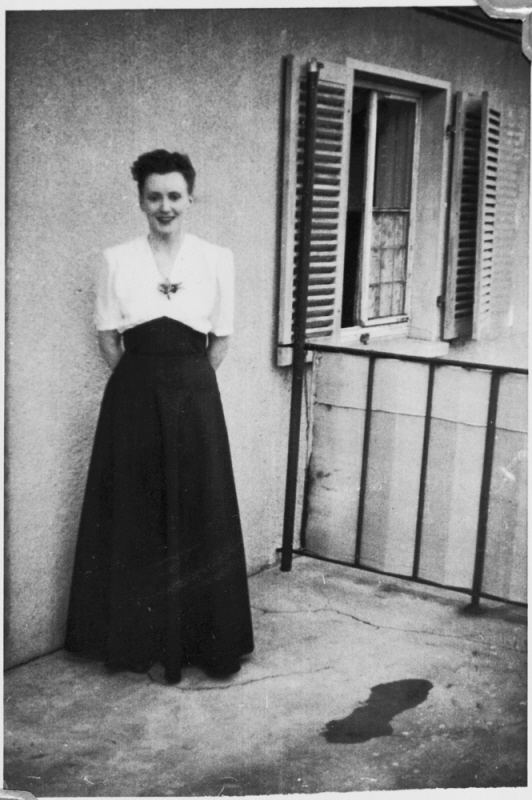
Marion Pritchard, born Marion van Binsbergen, was born in Amsterdam in 1920.
She was just 19 when the Germans invaded and upended the city she loved.
Young and passionate, she immediately threw herself into the resistance and ended up jailed for over half a year for her protest activities.
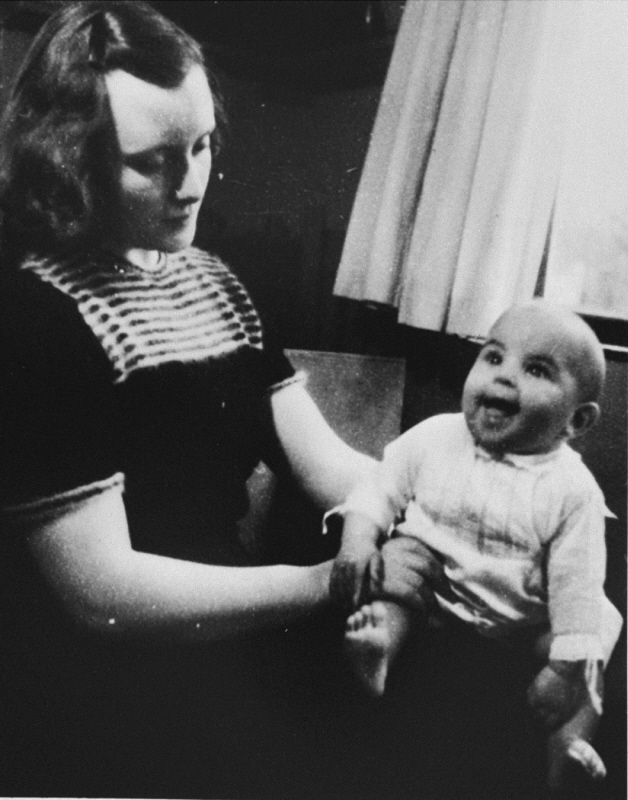
But for Pritchard, the war took on a cold, new focus one morning in 1942.
As she explains in a later interview for the oral history Voices from the Holocaust:
"It was a beautiful spring morning, and it was a street I had known since I had been born, and all of a sudden you see little kids picked up by their pigtails or by a leg and thrown over the side of a truck. You stop, but you can’t believe it."
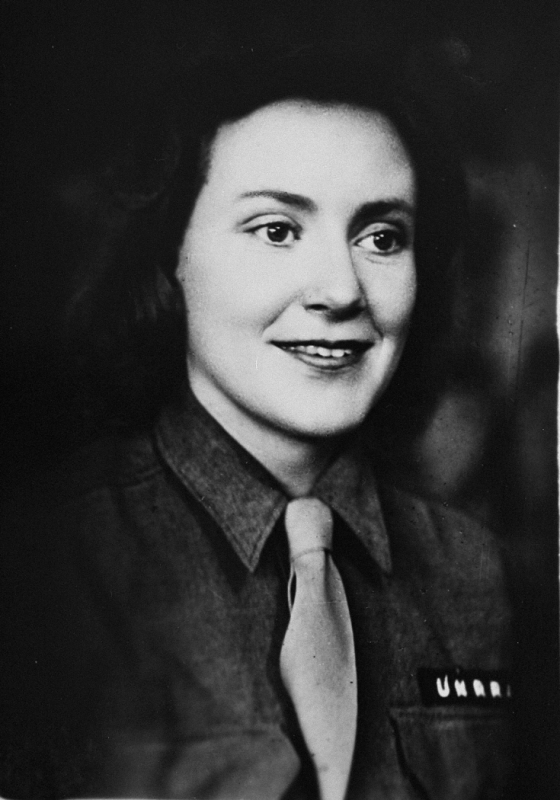
She was witnessing the devastating, tragic moment that a home for Jewish children was destroyed, and the children were taken away.
She vowed to never let something like that happen again if she could help it, and turned all of her attention to aiding people in danger, especially children, to escape from Nazi-occupied areas.
According to Legacy, Pritchard often volunteered for "missions of disgrace," where she would take in a Jewish baby or toddler and pretend to be the child's unwed mother to hide the little one from the regime.
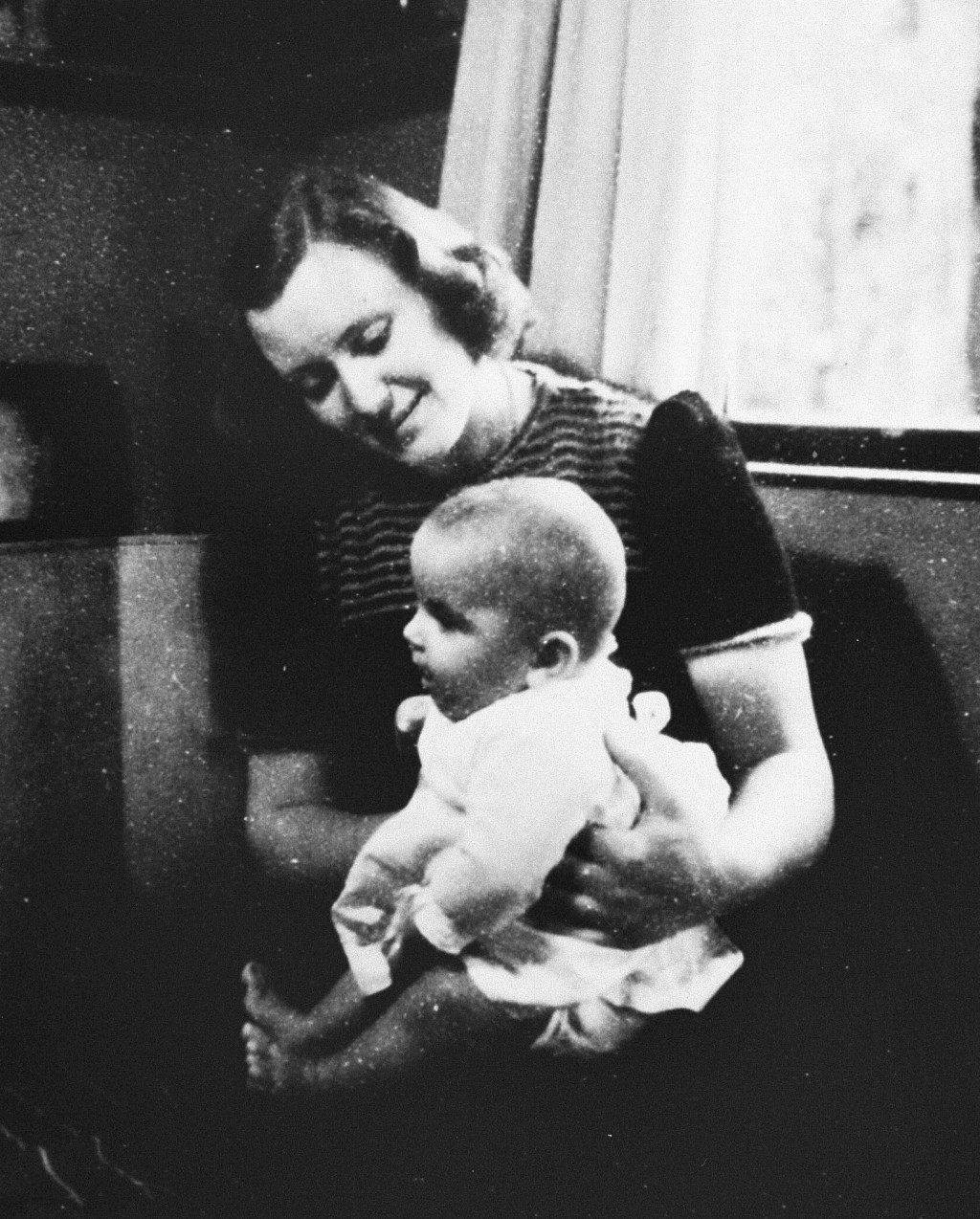
Because Pritchard was a pretty, young single woman, her story was believable; because she had no Jewish ancestry, the children in her care were safe from too much scrutiny.
Here, Pritchard poses with a little girl named Erica Polak, one of the children that she kept in her care while helping the whole Polak family escape.
Erica made it to America and grew up to be a psychologist, partially inspired by Pritchard.
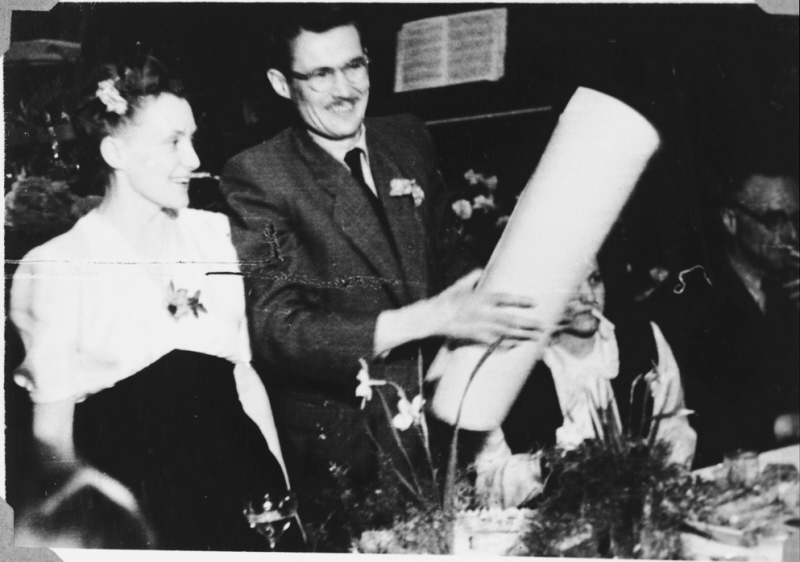
The Polaks were far from the only family that Pritchard saved.
By the time the war ended in 1945, it's estimated that Pritchard helped to smuggle out more than 150 souls from Nazi-occupied Europe, many of them children.
In one harrowing case, this remarkable woman was forced to take a life in order to save a family hidden in the basement.
In later years, she said that she never forgot the cost of ending a life.
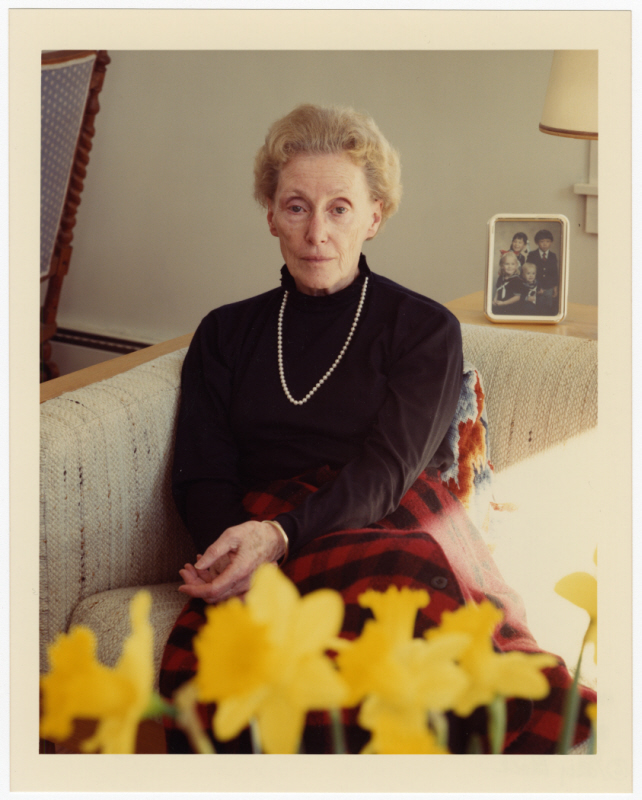
Shortly after the war ended, Pritchard married an American, Anton Pritchard, whom she met in an aid camp where they both worked.
Eventually, like so many of the families that they helped to resettle, the Pritchards moved on, to America.
They settled in Vermont, and she turned her background in social work into a career as a psychoanalyst.
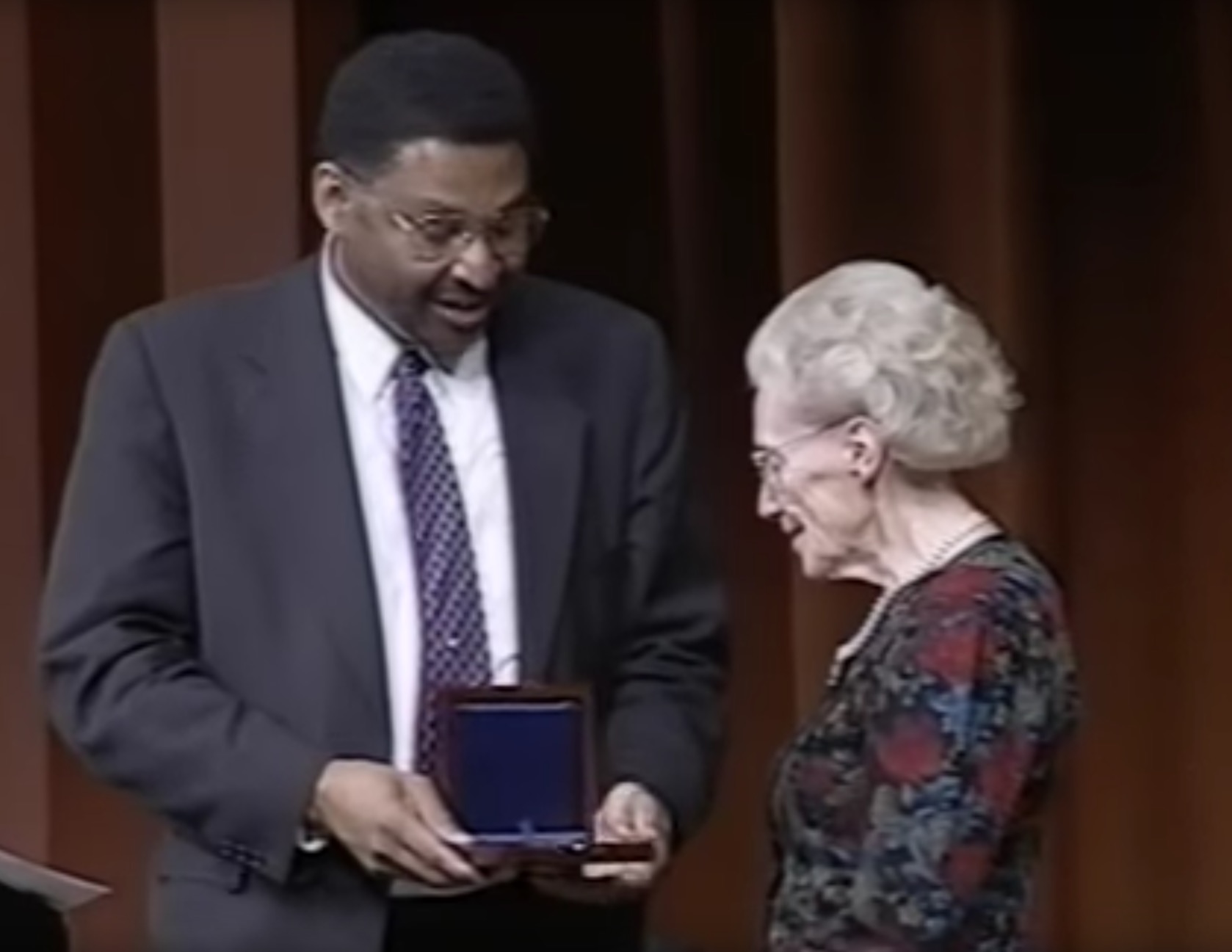
In 1981, Yad Vashem, the Israeli Holocaust memorial, recognized her as "righteous among the nations," a term for a non-Jewish person who risked life and liberty to do the right thing for the persecuted of Nazi-occupied Europe.
She received numerous other awards over the years, and has added her voice to the oral history of the Holocaust and the resistance.
She passed away on December 11 at age 96 from arteriosclerosis, and is survived by her three sons, eight grandchildren, and first great-grandchild.
If you believe the world should know the incredible true story of Marion Pritchard, please SHARE in honor of a great unsung hero!

